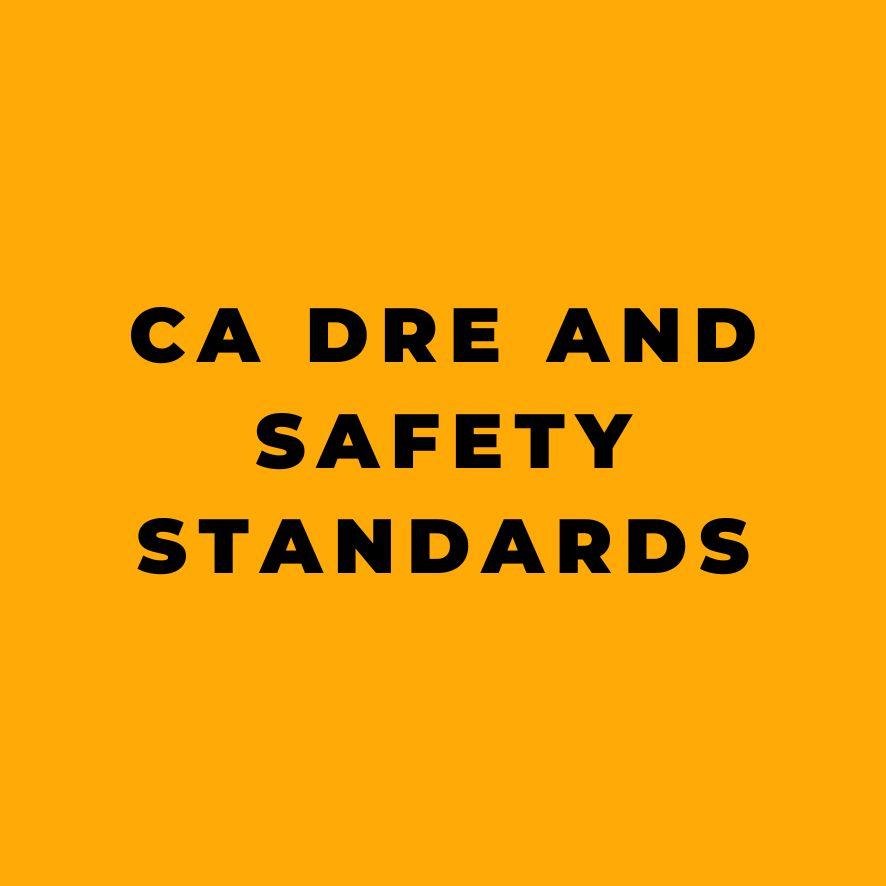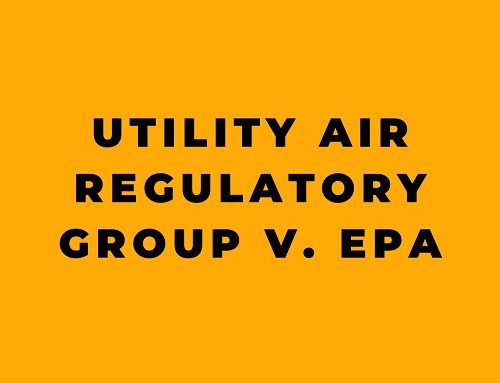The California Department of Real Estate (CA DRE) plays a critical role in regulating the real estate industry in California. One of its key responsibilities is to enforce safety standards and compliance regulations to protect consumers and ensure the integrity of real estate transactions. In this comprehensive article, we will delve into the various aspects of CA DRE and safety standards, providing a detailed understanding of its importance and implications for real estate brokers, salespersons, and consumers.
Regulation of Licenses and Compliance
The CA DRE is responsible for the regulation of real estate licenses, ensuring that real estate practitioners meet the necessary educational and experiential requirements before obtaining their licenses. This includes granting licenses to real estate brokers and salespersons, as well as handling license renewals. Compliance with these licensing requirements is essential to maintain the integrity of the real estate market and protect consumers from unqualified practitioners.
Advertising Compliance
One crucial aspect of CA DRE’s regulatory oversight is advertising compliance. Real estate practitioners are required to disclose the necessary licensing information on all advertising materials, including websites, social media, and other promotional platforms. Failure to adhere to advertising regulations can result in violations and penalties. It’s important for practitioners to prioritize reviewing their advertising materials to ensure full compliance with CA DRE standards.
Real Estate Transactions Compliance
Another critical area of regulatory compliance is real estate transactions. Practitioners must maintain thorough and accurate transaction files, ensuring that all necessary documentation is in place to support the legality and integrity of each transaction. This includes proper documentation of contracts, disclosures, and other transaction-related paperwork. Adhering to these compliance standards is essential for maintaining trust and transparency in real estate transactions.
DRE Audit and Broker Office Survey
The CA DRE conducts audits and broker office surveys to ensure compliance with safety standards and regulations. These audits and surveys are aimed at assessing the practices and procedures of real estate brokers and salespersons to identify any potential violations or areas for improvement. It is essential for practitioners to be prepared for these audits and surveys by maintaining meticulous records and adherence to compliance standards.
Escrow Class and Re-Launch of DRE
The CA DRE also provides educational resources such as escrow classes to enhance the knowledge and skills of real estate practitioners. Staying updated with the latest regulatory changes and educational opportunities is crucial for maintaining compliance and adapting to evolving safety standards. Additionally, the re-launch of DRE initiatives may introduce new compliance requirements, making it essential for practitioners to stay informed and proactive in their compliance efforts.
Common Violations and Tips for Compliance
There are common violations that practitioners should be mindful of, including inadequate disclosure of licensing information in advertising materials and deficiencies in transaction file documentation. To ensure compliance, practitioners should prioritize reviewing their advertising materials, maintaining detailed transaction files, and staying updated with CA DRE regulations and announcements. Proactive compliance efforts can help mitigate the risk of violations and penalties.
Conclusion
In conclusion, understanding CA DRE and safety standards is crucial for real estate practitioners to maintain compliance, protect consumers, and uphold the integrity of the real estate market. By prioritizing compliance with licensing regulations, advertising standards, and transaction documentation, practitioners can demonstrate their commitment to ethical and professional conduct. Staying informed, proactive, and prepared for DRE audits and surveys is key to navigating the regulatory landscape and ensuring a safe and transparent real estate environment for all stakeholders.










